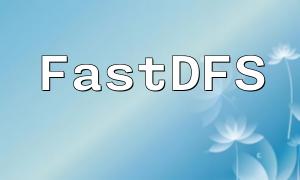In today’s rapidly evolving IT industry, numerous programming languages continue to emerge. Once highly popular, PHP’s recognition in the industry has gradually declined. This article explores the reasons behind this trend and examines its effects on developers and businesses.
Since its creation in 1995, PHP (Hypertext Preprocessor) has been widely used due to its ease of learning and powerful features in web development. Many leading content management systems like WordPress and Drupal rely on PHP, making it a core technology for many websites. However, with continuous technological advancements, PHP’s popularity has been challenged by newer languages.
In recent years, languages such as JavaScript (especially Node.js), Python, and Go have demonstrated superior performance, scalability, and development efficiency. Node.js’s event-driven architecture is especially suitable for high concurrency scenarios, leading more development teams to adopt these modern languages and reduce reliance on PHP.
Although PHP has improved performance through multiple version upgrades, including significant enhancements in PHP 8.x, it still lags behind certain languages when handling complex tasks and high concurrent requests. This makes businesses favor languages with better performance in technology selection.
Due to PHP’s widespread use, its security issues have been under scrutiny. Many hackers target PHP-based websites. While developers can implement various measures to improve security, concerns remain, affecting businesses’ trust in PHP.
PHP has a large but relatively less active community compared to modern languages. Its breadth of resource sharing and learning support is somewhat limited. Developers tend to invest in technologies backed by richer materials and stronger community support, which further impacts PHP’s industry recognition.
The decline in PHP recognition has led many new developers to pay less attention to it, resulting in fewer job opportunities for PHP programmers. Businesses prefer to hire talents skilled in mainstream languages, restricting PHP developers’ career growth.
Despite the challenges, developers and businesses can improve their competitiveness by:
Enhancing PHP skills by mastering the latest features and best practices; combining PHP with other mainstream languages like JavaScript or Python to boost overall development capabilities; actively participating in PHP community events to share experiences and stay updated.
Overall, the IT industry’s declining recognition of PHP stems from multiple factors including performance, security, and community support. Nonetheless, PHP remains valuable in certain areas. Developers and businesses should keep learning and adapting, continuously optimizing their technology stacks to meet the dynamic market demands.









